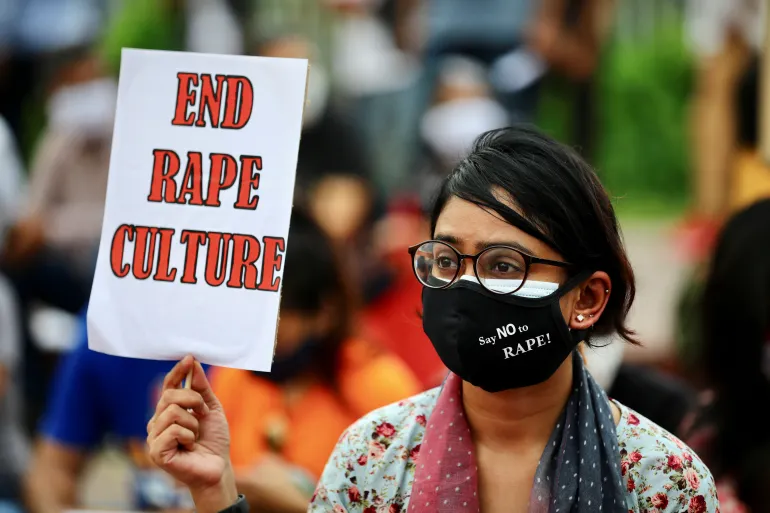Japan is considering passing a new bill that would amend its “controversial” rape laws by expanding the definition of rape to include “non-consensual sexual intercourse.” Why is Japan redefining rape?
Contrary to many other nations, where rape is generally defined as any non-consensual intercourse or sexual act—where no means no—Japanese law currently defines “forcible sexual intercourse” as rape.
Only one-third of rape cases are reportedly prosecuted in Japan.
Why does this story matter?
As a “landmark bill,” it will represent only the second change of its nature in Japan in the past 100 years.
The Lower House of Japan’s parliament approved the bill on May 30, and the Upper House still needs to adopt it before it can become law, as reported by the Japan Times.
In Japan, victims of rape must present evidence of a physical assault, intimidation, or inability to object.
Why is Japan redefining rape?
Several modifications are included in the measure that is now being discussed in the Japanese parliament’s Upper House.
The BBC reports that the definition of rape is modified from “forcible sexual intercourse” to “non-consensual sexual intercourse,” and that this amendment is the most important one.
According to reports, this will allow “consent,” which is still not well understood by society, to enter the picture.
Age of consent will also be raised to 16 years
The legislation would also increase consent’s legal minimum age from 13 to 16.
According to current Japanese legislation, rape is defined as any sexual activity or indecent behaviour that is done “forcibly,” “through intimidation,” or by using a victim’s “unconscious state.”
Contrarily, several other nations define it as any extramarital sex or sexual activity, where “no means no.”
The new law would also create new offences for surreptitiously photographing or filming a person’s sexual anatomy and sharing it with a third party.
In such circumstances, perpetrators face up to three years in prison.
However, the person will be penalised only if he or she is five years or older than the minor aged 13-15.
The new legislation is the consequence of public outrage and activist demands, who claimed that the country’s narrow definition makes it impossible for survivors to obtain justice.
Minors would be considered adults due to the lower age of consent (13 years).
In 2019, public outrage intensified as the culprits in a series of sexual assault cases were acquitted.
Also read: Japanese startup Ispace failed first time landing on moon
